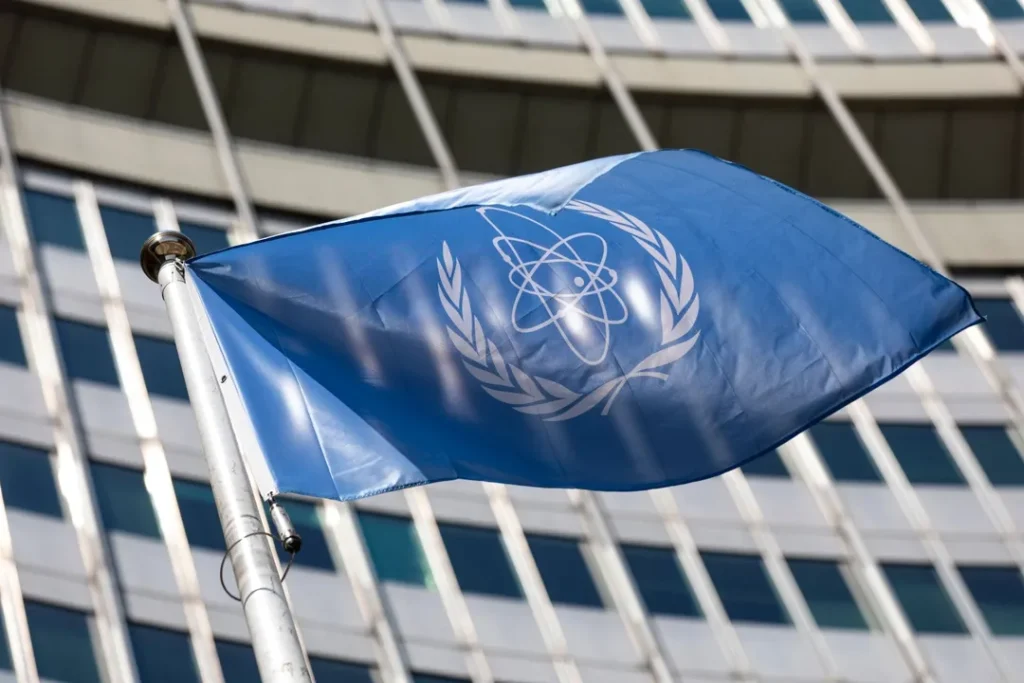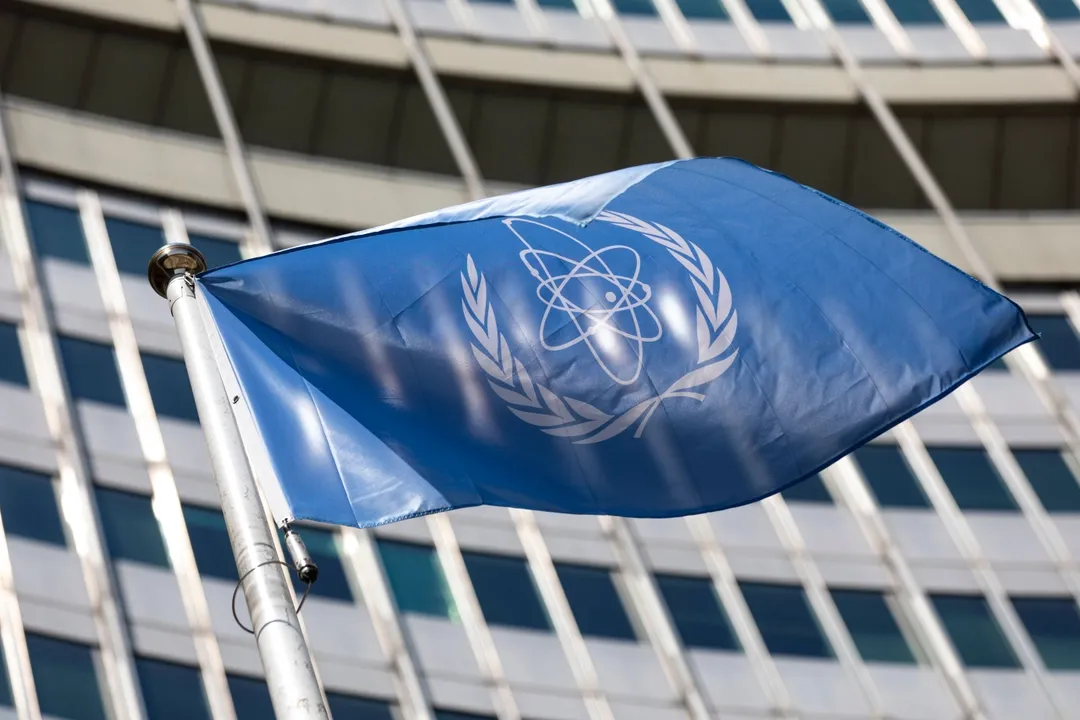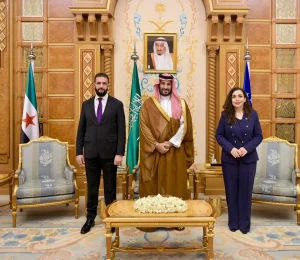Israel maintains a secret nuclear arsenal without sanctions, while Iran, under inspection and religious opposition to nuclear arms, faces military strikes. A look into the hypocrisy of global nuclear politics.

Unbalanced Power in the Middle East
On June 13, Israel launched a major military strike against Iran, targeting nuclear and military infrastructure with the stated goal of dismantling Tehran’s nuclear ambitions. Over 220 people were killed, including more than two dozen nuclear scientists and high-ranking military leaders. Iran retaliated swiftly, targeting Israeli military bases in a powerful reminder of its regional capabilities.
The core irony? Israel, long suspected of maintaining a nuclear arsenal, remains untouched by international sanctions. Iran, which has adhered to international protocols, is punished for its transparency.
The Secret Nuclear Power
Israel has never officially acknowledged its nuclear arsenal. Still, overwhelming evidence points to its existence. The turning point came in 1986 when nuclear technician Mordechai Vanunu leaked classified photos and documents. Analysts estimate Israel holds between 100 and 400 warheads, with delivery systems including missiles, submarines, and aircraft.
The United States discovered the Dimona facility in 1960. Then-President John F. Kennedy demanded inspections, but after his assassination in 1963—an event some historians controversially link to Mossad—the pressure evaporated. President Lyndon B. Johnson abandoned Kennedy’s hardline stance, allowing Israel’s nuclear program to continue unchecked.
Despite its capabilities, Israel has never joined the Non-Proliferation Treaty (NPT). It faces no sanctions and remains outside IAEA oversight.
Iran: Transparent and Punished
In contrast, Iran has remained a signatory of the NPT and welcomed inspections. Under the 2015 Joint Comprehensive Plan of Action (JCPOA), Iran drastically limited its enrichment program and allowed unprecedented IAEA access. Thousands of inspections have failed to produce evidence of a nuclear weapons program.
In March 2025, U.S. Director of National Intelligence Tulsi Gabbard confirmed Iran was not developing nuclear weapons. The intelligence community has consistently upheld this view since 2003.
A Religious Ban on Nukes
Iran’s leadership, particularly Supreme Leader Ayatollah Ali Khamenei, has issued religious rulings (fatwas) forbidding nuclear weapons. The policy is moral and strategic. Yet Israel and its allies continue to cast doubt and apply sanctions.
Western Double Standards
While Iran complies with global norms, Israel acts outside them—with impunity. When Israel bombed Iraqi and Syrian nuclear facilities in 1981 and 2007 respectively, no sanctions followed. The West turned a blind eye.
Iran, along with Egypt and others, has long called for a nuclear-free Middle East. The UN General Assembly overwhelmingly supports the proposal each year. Yet Israel remains exempt from pressure or consequence.
The Dangerous Logic of Deterrence
If nuclear restraint leads to military attacks, what lesson do nations learn? North Korea’s example looms large. Its nuclear capability has arguably shielded it from foreign intervention.
If Iran’s compliance brings only aggression, the incentive to maintain non-nuclear status weakens. The future of global nuclear order may hinge on this conflict’s outcome.














Comments are closed.